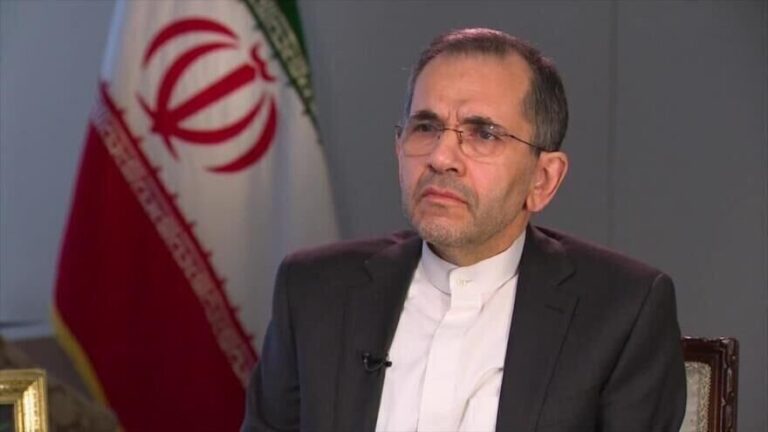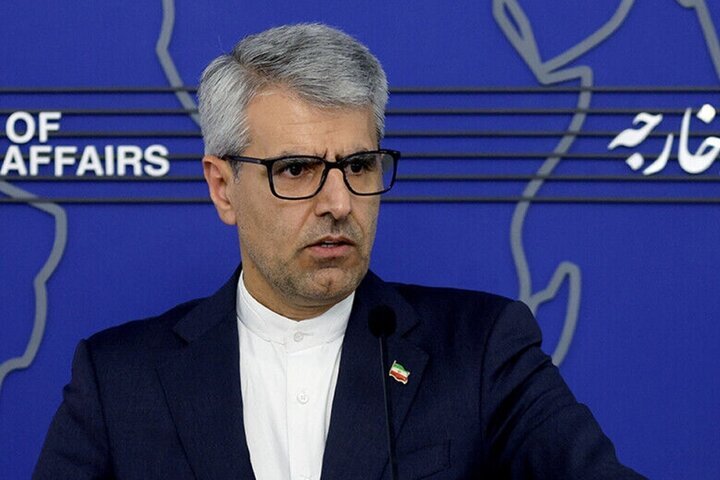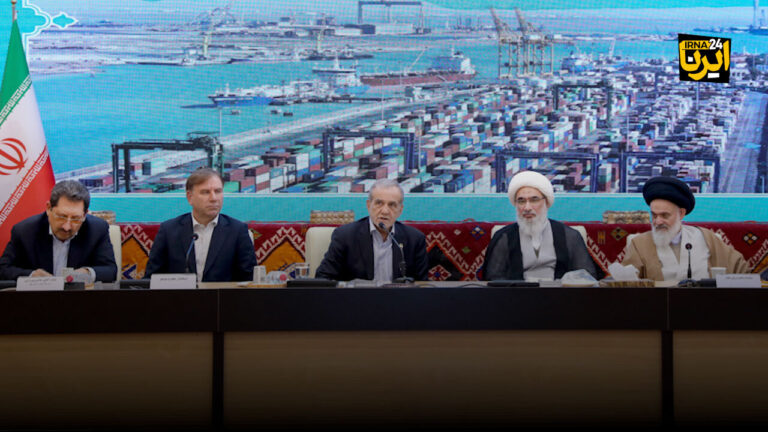US Imposes Sanctions on Sweden-Based Organization Over Suspected Ties to Iran
In a significant development, the U.S. Treasury’s Office of Foreign Assets Control (OFAC) has taken decisive action by imposing sanctions on the Foxtrot Network, a transnational criminal organization (TCO) based primarily in Sweden. This group has garnered attention for its involvement in attacks against Zionists in Europe, particularly its leader, Rawa Majid, who remains at large.
The sanctions were announced in a statement released on Wednesday, highlighting the network’s recent activities. According to the Treasury, “In January 2024, the Foxtrot Network orchestrated an attack on the Israeli Embassy in Stockholm, Sweden, on behalf of the Government of Iran.” This revelation underscores the complexity of international relations and the challenges posed by such organizations.
The sanctions imposed by the OFAC are part of a broader strategy to combat transnational crime and terrorism linked to Iran. By targeting the Foxtrot Network, the U.S. aims to disrupt its operations and deter further attacks that threaten stability in Europe.
Background on the Foxtrot Network
The Foxtrot Network is not just any criminal organization; it represents a significant threat on multiple fronts. Here are some key points about the network:
- Location: Primarily based in Sweden, the organization operates across various European nations.
- Activities: Known for orchestrating attacks against Israeli interests and individuals, particularly Zionists.
- Leadership: Rawa Majid, the fugitive leader, is a central figure in the network’s operations and strategy.
- Connections: Alleged ties to the Iranian government, raising concerns over state-sponsored terrorism.
This network’s actions are not isolated incidents but part of a larger geopolitical landscape influenced by ongoing tensions between Iran and Western nations, particularly the United States.
The U.S. Response to Iran
The sanctions against the Foxtrot Network also reflect the U.S. government’s broader approach to Iran. In recent years, U.S. policy has shifted dramatically, especially following former President Donald Trump’s decision to withdraw from the 2015 Iranian nuclear deal. Here are some critical aspects of U.S. policy towards Iran:
- Withdrawal from the Nuclear Deal: In May 2018, Trump unilaterally exited the agreement, which aimed to limit Iran’s nuclear capabilities.
- Maximum Pressure Campaign: This strategy seeks to impose economic sanctions on Iran to curb its influence and activities in the region.
- Negotiation Stance: The U.S. has expressed a desire for negotiations, but Iran has firmly stated it will not engage under pressure.
- Focus on Security: Washington’s calls for dialogue are viewed by many as attempts to undermine Iran’s peaceful nuclear program and its defensive missile capabilities.
This intricate web of actions highlights the ongoing struggle between Iran and the U.S., with the Foxtrot Network serving as a tangible representation of the threats that arise from these hostilities.
International Implications
The implications of the U.S. sanctions extend beyond borders, affecting international relations and security dynamics in Europe and the Middle East. The following points illustrate the broader impact:
- Increased Tensions: The situation may escalate tensions between Iran and Western nations, potentially leading to more aggressive responses.
- Security Concerns: European nations may be forced to reevaluate their security measures and policies in light of the threats posed by organizations like the Foxtrot Network.
- Collaborative Efforts: There may be a push for increased cooperation among nations to combat transnational crime and terrorism.
As the situation evolves, it remains crucial for governments to maintain a robust stance against organizations that threaten peace and security. The international community must work together to address the challenges posed by groups like the Foxtrot Network and their connections to state actors.
In conclusion, the recent sanctions against the Foxtrot Network are a clear indication of the U.S. commitment to combating terrorism and transnational crime. The actions taken by the OFAC represent a broader strategy aimed at countering Iranian influence and enhancing security both in Europe and worldwide. As tensions persist, the need for vigilance and collaboration among nations has never been more critical.






